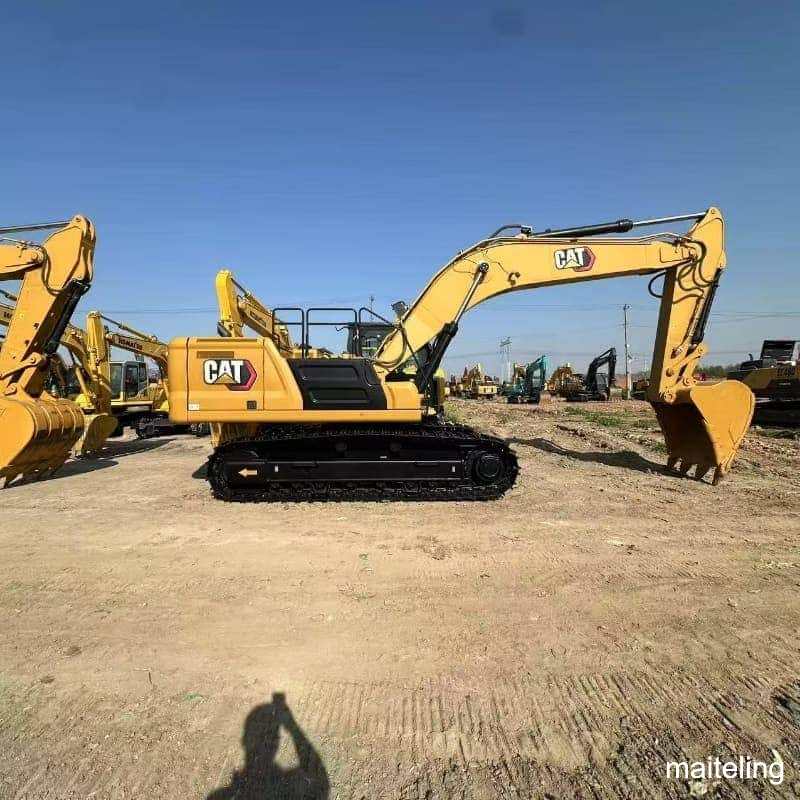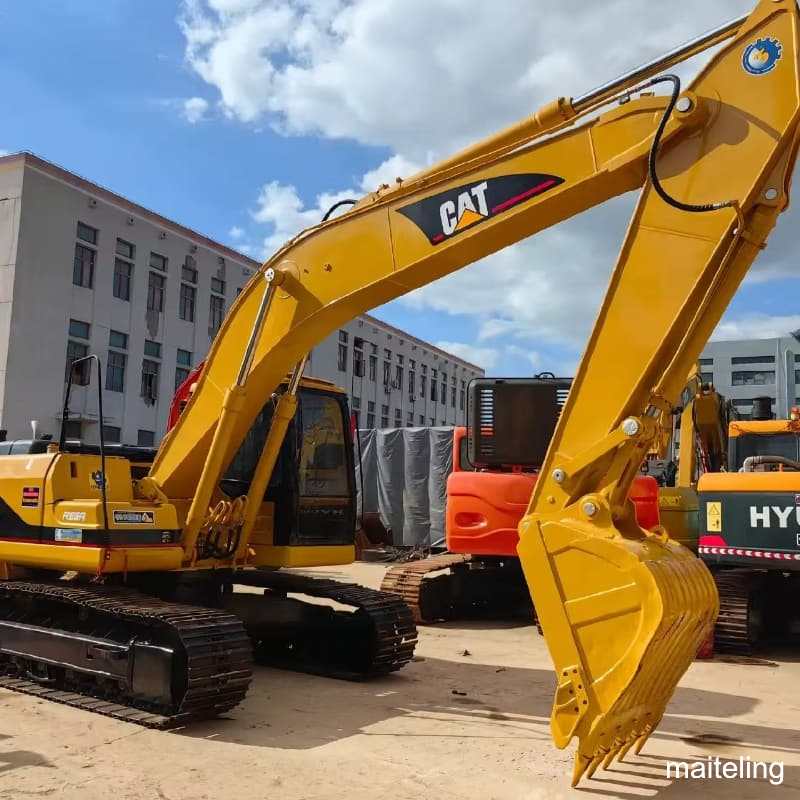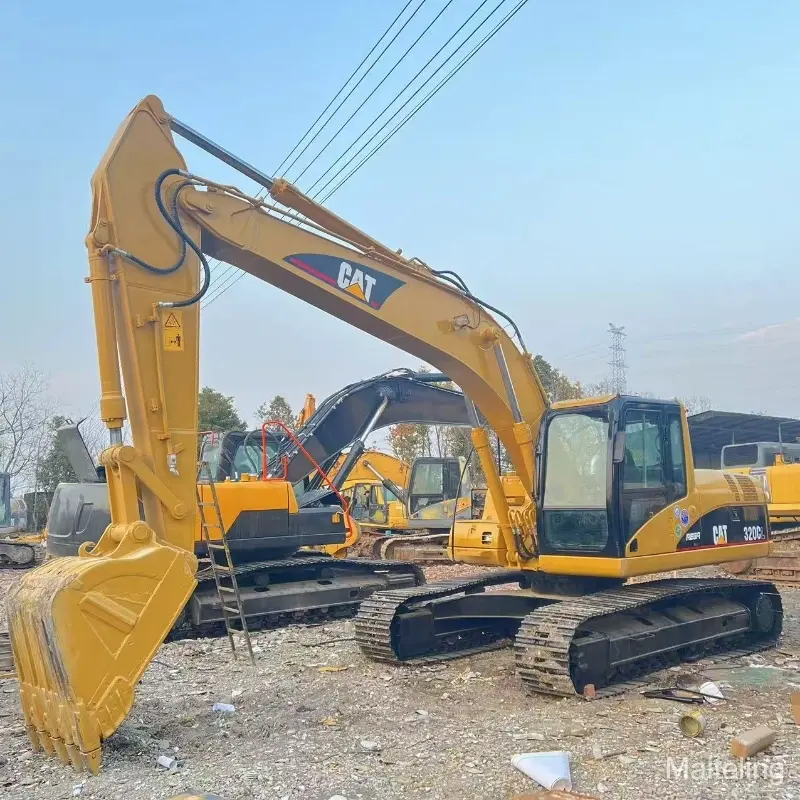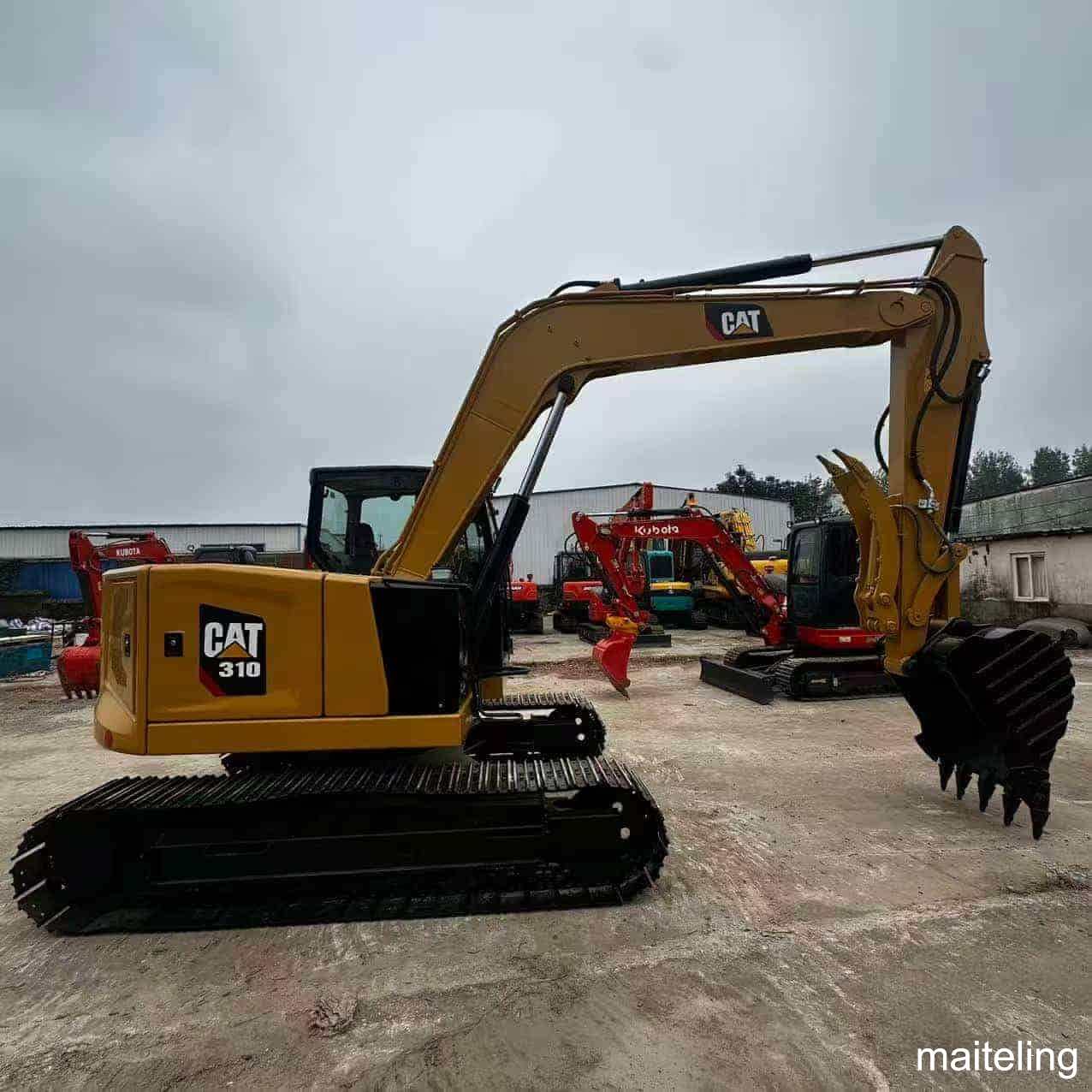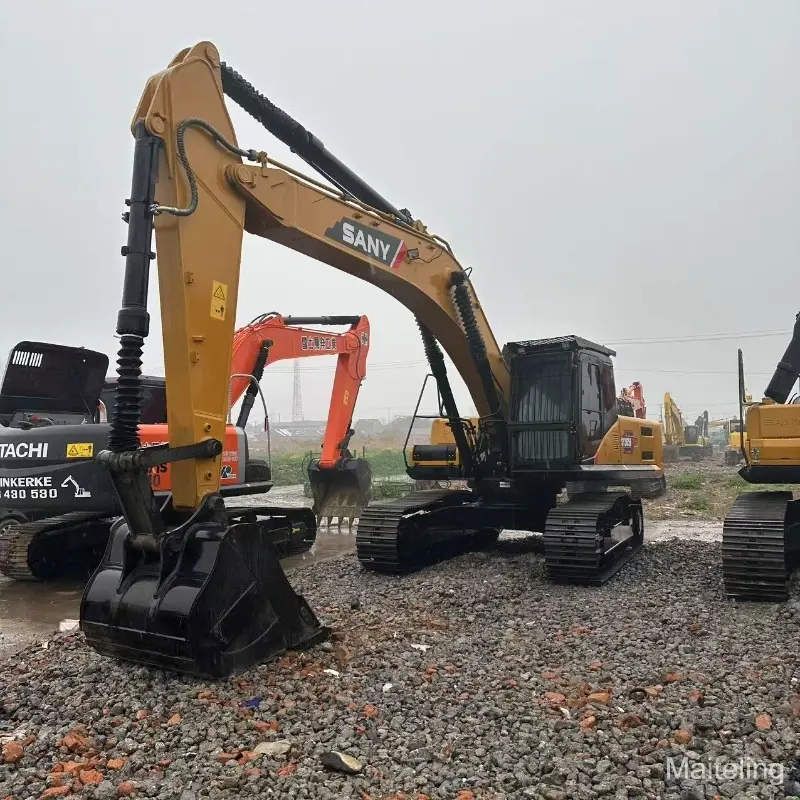Used CAT Excavator Buying Guide
Release time: 2025-09-30
Table of Contents
When purchasing a second-hand CAT (Caterpillar) excavator, considering its high value and long-term performance, it’s essential to carefully evaluate various factors during the selection process. CAT excavators are known for their exceptional quality and durability, making them popular among a wide customer base. However, even used equipment may carry certain risks due to factors such as age, usage, and condition. This guide provides a detailed overview of what to consider when buying a second-hand CAT excavator, helping you make an informed decision.
Define Your Needs and Budget
Before purchasing a second-hand CAT excavator, it’s important to clearly define your requirements:
- Working Environment: Different job sites require different types of excavators. For example, a more flexible medium-sized excavator may be needed for complex urban construction sites, while large machines are more suitable for mining or large-scale earthworks.
- Excavator Type: CAT offers various types of excavators, including wheeled and tracked models. Choose the appropriate type based on the ground conditions of your job site.
- Budget Range: Select a second-hand excavator that fits within your budget. This will help narrow down the options and streamline your decision-making process.
Check the Overall Condition of the Machine
When purchasing second-hand equipment, the most important aspect is thoroughly checking its overall condition. Here are some key inspection areas:
- Exterior Inspection: Check the excavator’s appearance for severe corrosion, cracks, welding marks, or any other damage that might affect the machine’s safety and durability.
- Engine and Power System: The engine is the core component of the excavator. Check its usage hours, fluid condition, and any signs of oil leaks. Unusual noise or exhaust smoke from the engine could indicate potential issues.
- Hydraulic System: The hydraulic system is crucial for the excavator’s proper operation. Inspect the hydraulic hoses and cylinders for leaks or damage, and verify that hydraulic movements are smooth and steady during operation.
- Tracks and Tires: For tracked excavators, check the track wear, and look for looseness or cracks. For wheeled excavators, check for even tire wear.
- Working Attachments: Inspect the bucket, boom, and connection parts of the working attachments for looseness or damage to ensure safety during operation.
Check the Machine’s Operating Hours and Maintenance History
- Operating Hours: The number of operating hours is an important indicator of the excavator’s remaining lifespan. Typically, an used CAT excavator lasts around 15,000 to 20,000 hours, so it’s crucial to check the actual operating hours of the machine.
- Maintenance Records: Review the machine’s maintenance history to confirm if regular servicing was conducted and which parts have been replaced. A good maintenance record usually indicates that the machine has been well-maintained and will last longer.
Know the Seller’s Background
It’s essential to understand the background of the seller when buying second-hand equipment. Opt for sellers with a good reputation and reliability to reduce the risk of post-purchase issues. Avoid buying from untrustworthy merchants or individual sellers. Instead, choose companies with legitimate sales channels. If buying from a second-hand equipment dealer, verify that they have relevant industry certifications and offer reliable after-sales services.
Verify the Legitimacy of the Machine
Ensure that the second-hand excavator has a legitimate source, with all relevant purchase, maintenance, and registration records in order. Verify the machine’s chassis and engine numbers, and cross-check them with official records to ensure there are no theft or legal issues.
Understand After-Sales Service and Warranty Policy
When purchasing a second-hand excavator, it’s best to choose sellers that offer after-sales services. Some sellers provide short-term warranties to cover post-purchase repairs. Make sure the warranty terms, including the duration and parts replacement details, are clearly outlined in the contract.
Compare Prices
The price of a second-hand cat excavator is influenced by various factors, including brand, model, operating hours, and the machine’s condition. Compare prices from different sellers to understand the market trend and avoid paying excessively for the equipment.
Professional Evaluation
If you are unsure about assessing the machine’s condition, consider hiring a professional mechanic or equipment evaluator to conduct a thorough inspection. They can offer expert advice and help you make a more informed decision.
Conclusion
When purchasing a second-hand CAT excavator, the key is a comprehensive evaluation of the equipment’s condition, selecting a reputable seller, and ensuring the machine’s legitimacy and after-sales support. By following the steps outlined above, you will be able to purchase a high-quality second-hand excavator at a reasonable price, providing strong support for your engineering projects.
